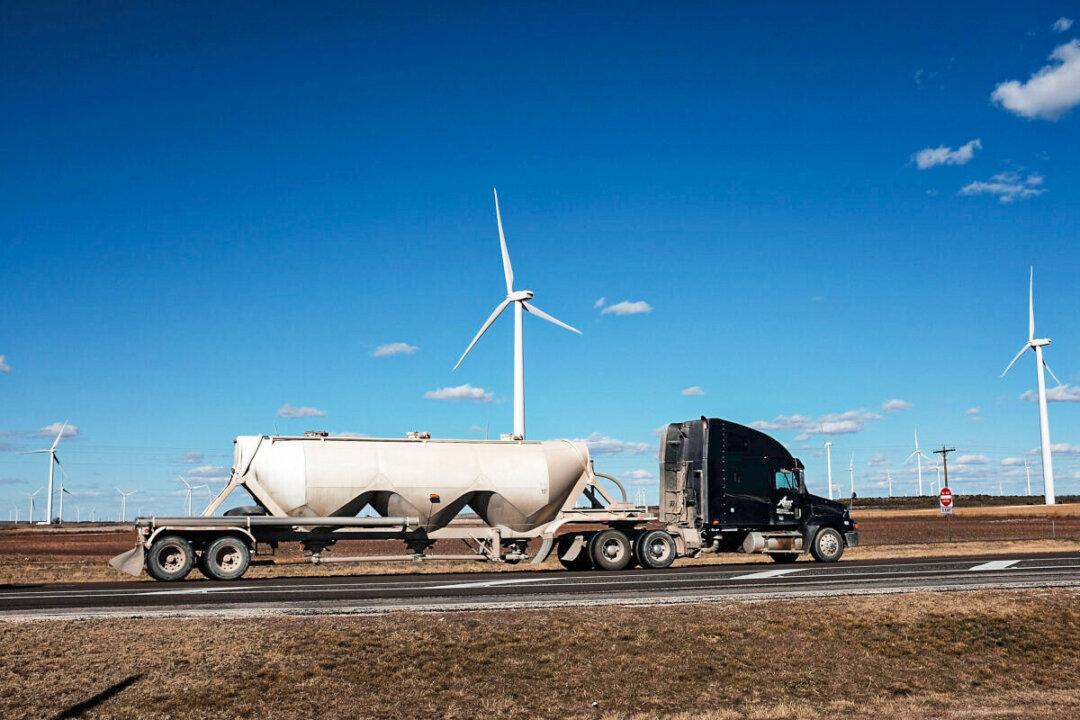Texas state senators unveiled nine bills aimed at restricting the construction of renewable energy in Texas and incentivizing investment in natural gas power plants.
Lt. Gov. Dan Patrick, along with Republican Sens. Charles Schwertner and Phil King, announced the legislative measures during a press conference at the Texas Capitol on Thursday.





